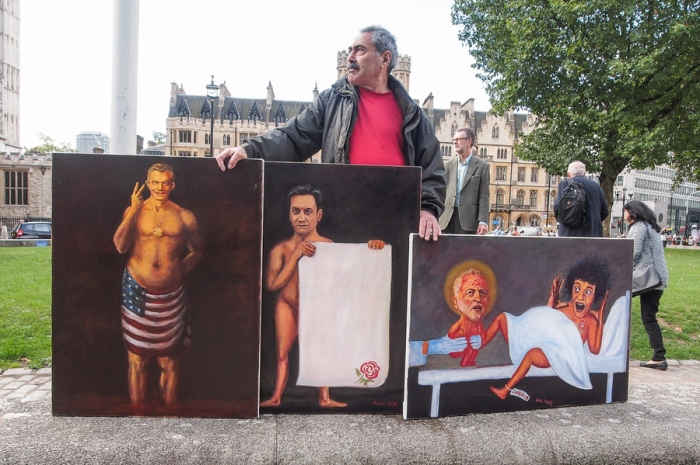On March 1, 2015, the Leo Baeck Institute (LBI) and the Herbert D. Katz Center for Advanced Judaic Studies held a symposium at the Center for Jewish History in New York (CJH) on the Wissenschaft des Judentums (the “scientific” study of Judaism) and its influence on modern Jewish identity.
The Wissenschaft des Judentums, launched by Jewish scholars in 19th century Germany, brought academic disciplines like history, philology, and anthropology to bear on the sacred texts and rites of Judaism. This enterprise not only formed the basis of modern academic Jewish studies, but also shaped the manifold understanding and practice of Judaism as it exists today.
1:30 PM
Introduction (0:00)
Welcome and Presentation of the Leo Baeck Medal by Rabbi Ronald B. Sobel to Prof. Ismar Schorsch (3:10)
1:40 PM
Opening Remarks on the Wissenschaft by Prof. Ismar Schorsch (16:25)
1:50 PM Panel I: Wissenschaft des Judentums and Contemporary Jewish Identity
Chairperson—Andreas Brämer (Institute for the History of German Jews, Hamburg) (27:40)
Christian Wiese (Goethe University, Frankfurt/Main)
The impact of the Wissenschaft on academic Jewish culture and identity among Jewish scholars (30:30)
Mirjam Thulin (Institute of European History, Mainz)
The Wissenschaft and the definition of religiously liberal Jewish identity (45:50)
Yitzhak Conforti (Bar-Ilan University)
The impact of the Wissenschaft on Jewish nationalism and Zionism (59:45)
3:15 PM Panel II—Wissenschaft des Judentums and Contemporary Jewish Culture
Chairperson—David Sorkin (Yale University) (87:30)
Gavriel Rosenfeld, “If Only We had Died in Egypt: What-Ifs of Jewish History from Abraham to Zionism” (Fairfield University) (90:10)
Annie Polland, The Tenement Museum (Lower East Side Tenement Museum) (103:35)
Jonathan Rosen, The limitations of teaching Jewish knowledge in contemporary culture (Nextbook Press) (117:30)




 The latest Biblical Studies Online podcast (BSO06) is now available on iTunes for download
The latest Biblical Studies Online podcast (BSO06) is now available on iTunes for download 

